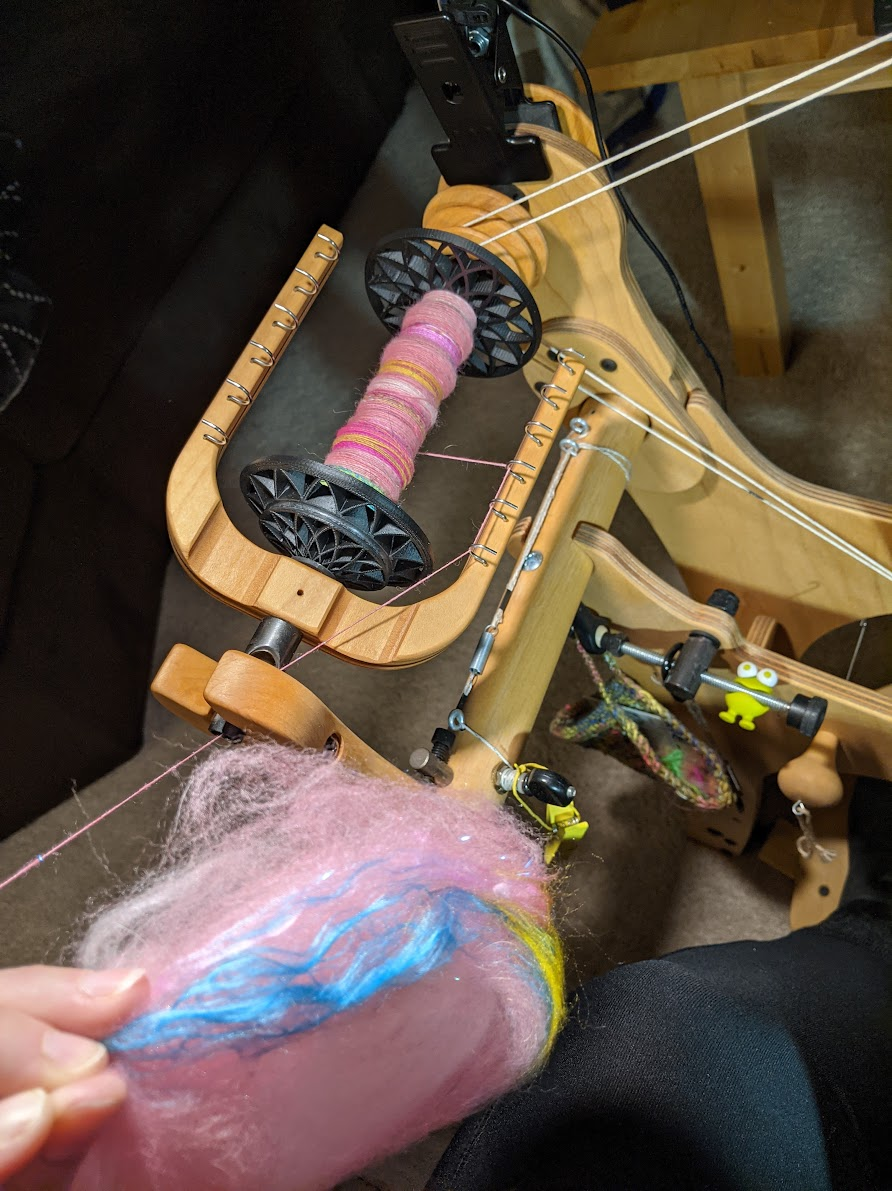

I switched to standing-only for my work desk about 12 years ago. The first 3 weeks were agony; my hips hurt so much. I stretched a lot, which helped some. Then suddenly it was easy, and ever since I can stand for hours, no problem.
A squishy mat is a must-have, and I also have a footrest to be able to change up my posture through the day.






They’ve been accusing him of being too grabby with his women co-stars (no evidence of this, and the co-stars in question say he isn’t) and whining that he’s just in too many movies/shows these days (no more than other prolific actors). Smells like astroturfing and surprise, it is.